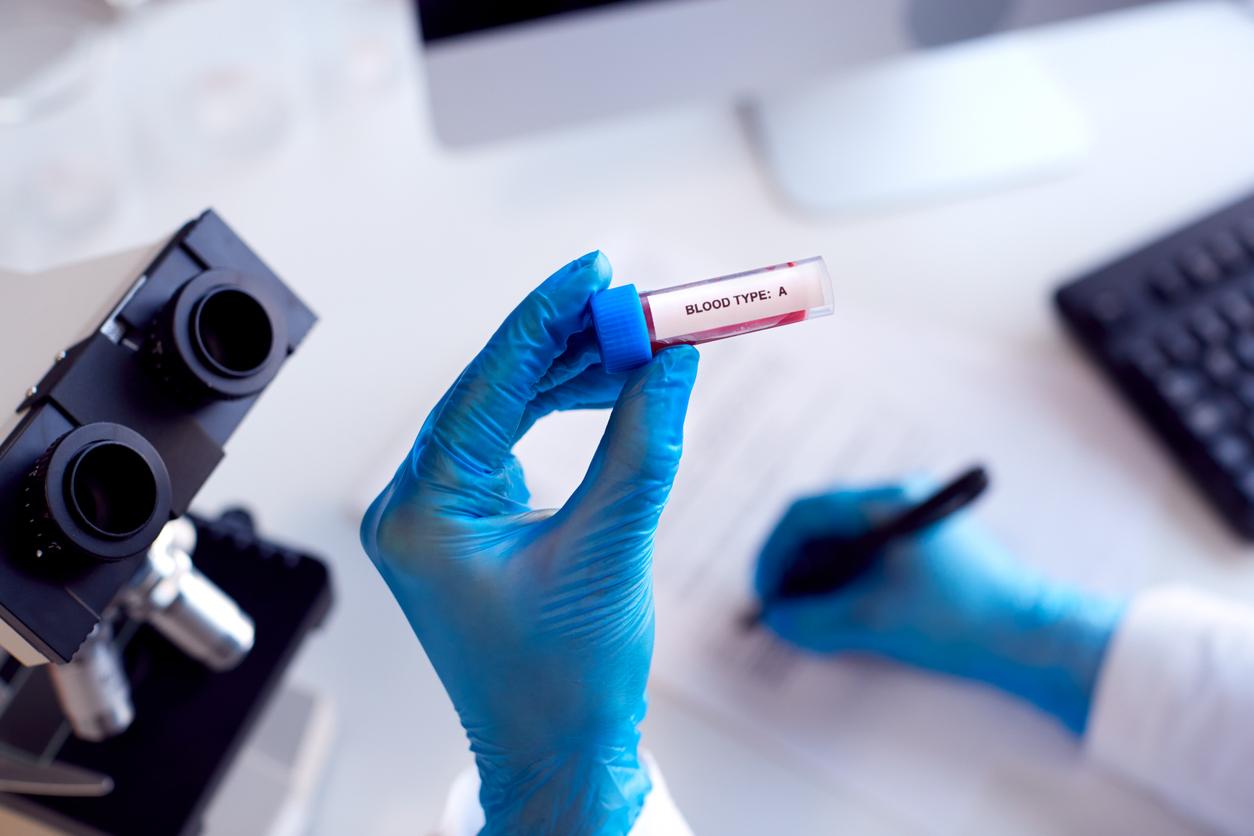Fewer neurological problems, fewer disability problems and less irreversible brain damage: thrombectomy (the removal of a clot in a blood vessel) would be more effective in severe stroke than drugs alone, according to the results of ‘a study published in The New England Journal of Medicine.
Researchers from the Erasmus University Medical Center in Rotterdam (Netherlands) carried out a clinical trial called “Mr Clean” on 500 patients treated for a Stroke in its acute phase. To treat them, the scientists tested a new method of capturing blood clots, the thrombectomy. They inserted a catheter in the groin that goes up through the blood vessel to the blocked artery. Then the blood clot was captured. This should be done no later than 6 hours after the first signs of stroke. It can be performed under local or general anesthesia and does not last more than an hour.
The results of this study reveal that three months after a severe stroke, thrombectomy (performed in addition to the administration of drugs) allowed 30% of patients to regain satisfactory autonomy and to live independently again, compared with only 16% for drug treatment without thrombectomy. In contrast, no difference was found in the mortality rates.
“These results have a major impact on the treatment of patients with Stroke in acute phase ”, explains Professor Diederik Dippel, from the Erasmus University Medical Center in Rotterdam, who led the trial. “Especially since many patients would be eligible for this new method of treatment.” The leading cause of physical disability and the second leading cause of dementia after Alzheimer’s disease, stroke affects an average of 130,000 people per year in France. And 80% of these accidents are caused by a clot that clogs the arteries.
Read also:
Stroke: a compound in grapes would reduce cell damage
Stroke: Women Need More Time to Recover
Stroke: beware of aggressiveness


















